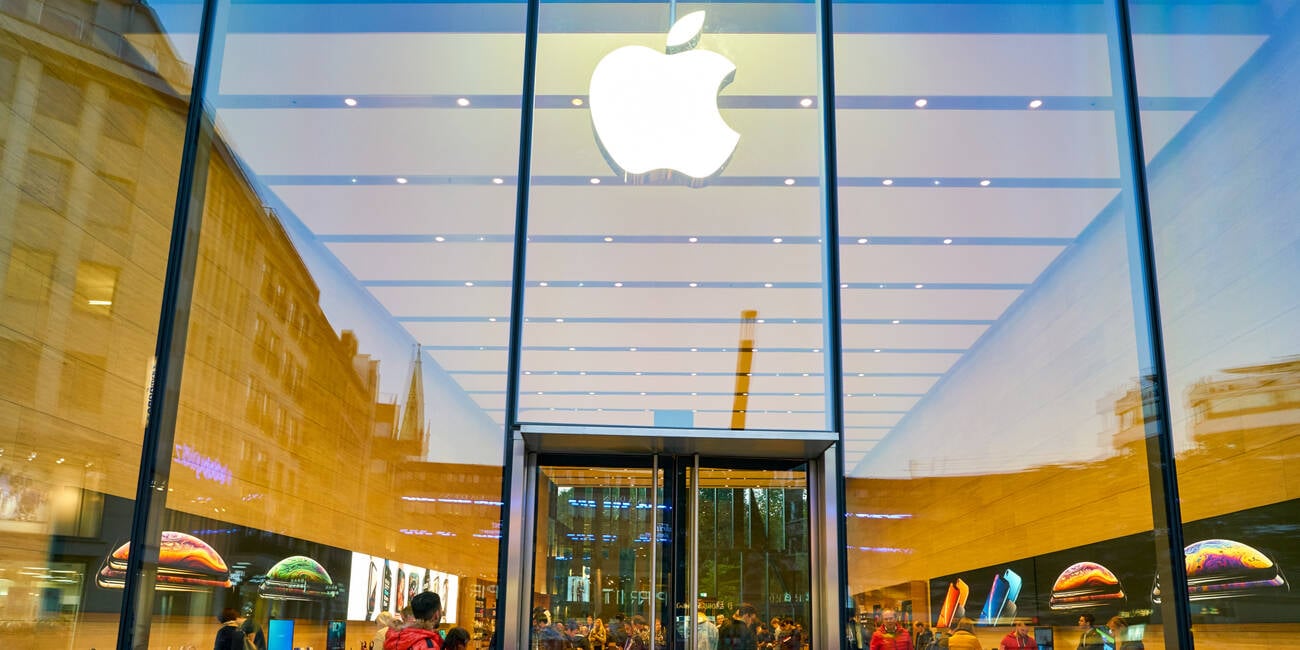I like the article, but red tape means pointless or needlessly complicated bureaucracy. Doesn’t apply to just any regulation.
In quest to defeat Euro red-tape, local construction company had to stop using Asbestos
Exactly, this isn’t red tape, it’s very legit and useful.
Somewhere, somehow, apple fans are nodding along and agreeing with this disingenuous take while ordering another overpriced device.
He also argued that Apple’s approach explicitly violates the DMA’s Anti-Circumvention provision that forbids subdividing a platform’s market share to avoid regulation. The provision says those providing core platform services “shall not segment, divide, subdivide, fragment or split those services through contractual, commercial, technical or any other means in order to circumvent the quantitative thresholds laid down in Article 3(2).”
This quote is plainly incorrect. Apple hasn’t fragmented their browsers in order to circumvent thresholds that didn’t even exist; each OS gets a separate version for clearly legitimate reasons. The legal question is if they are separate enough to count separately, which at the very least isn’t an absurd argument to make.
No it depends on how you interpret it. Apple may have legitimate reasons for technical differences between the different versions of Safari. The issue would be if Apple is claiming they are more different than they really are to say they don’t count as one when calculating market share.to.determine whether regulation applies.
Mozilla Forefpx has different versions for Android, and Desktop. So does Chrome. But in terms of marketshare generally people class them as one browser.
IQ 1000
This is the best summary I could come up with:
Apple tried to avoid regulation in the European Union by making a surprising claim – that it offers not one but three distinct web browsers, all coincidentally named Safari.
As a result, it’s expected that Apple will allow third-party app stores that work with iOS and browser engines other than Safari’s WebKit by March 2024 – in Europe, if not elsewhere.
In its response, “Apple reiterated its position that each of its Safari web browsers constitutes a distinct [core platform service],” the European Commission said in its newly published decision document [PDF].
He also argued that Apple’s approach explicitly violates the DMA’s Anti-Circumvention provision that forbids subdividing a platform’s market share to avoid regulation.
Citing six different issues with Apple’s claims, the commission concluded: “Safari qualifies as a single web browser, irrespective of the device through which that service is accessed.”
Jon von Tetzchner, CEO of browser biz Vivaldi, told The Register in a phone interview that Apple, Google, and Microsoft all are trying to find ways to avoid onerous DMA requirements.
The original article contains 837 words, the summary contains 172 words. Saved 79%. I’m a bot and I’m open source!



